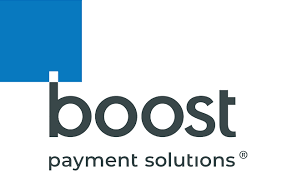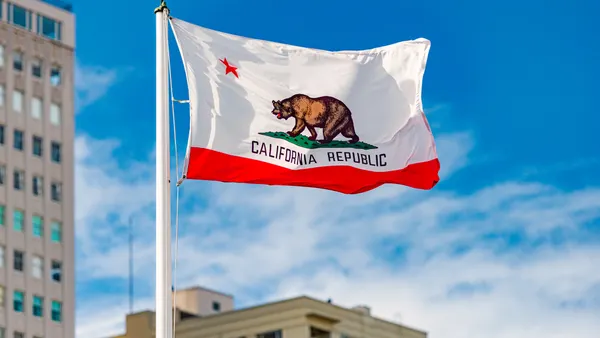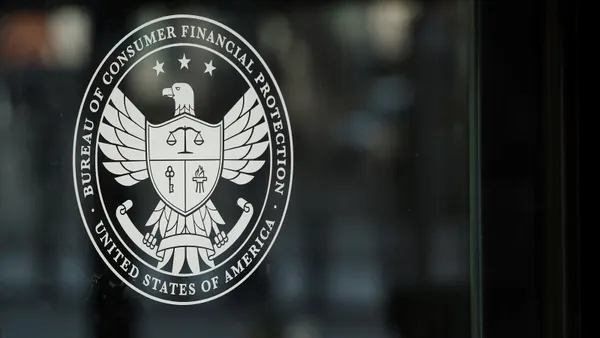The Consumer Financial Protection Bureau (CFPB) needs to protect consumers from big technology companies eager to make inroads in the payments processing business, according to comments filed this week with the agency by two bank industry trade groups.
The American Bankers Association (ABA) and the Consumer Bankers Association (CBA) called on the CFPB in a joint Dec. 7 letter to “ensure consumer protections are applied consistently to all companies offering payments products and financial services, including big tech” as part of an investigation ordered in October by CFPB Director Rohit Chopra.
Chopra sent 50 detailed questions to the big tech companies Google, Apple, Facebook, Amazon, Square and PayPal about their "products, plans, and practices." The agency also plans to study the payments businesses of Chinese tech companies, including WeChat Pay and Alipay. Responses from the companies are due to the CFPB on December 15.
"Little is publicly known about how Big Tech companies will exploit their payments platforms,” according to an Oct. 21 statement from Chopra, who could have asked the companies to provide the information voluntarily but chose not to do so.
As a Democratic member of the Federal Trade Commission, Chopra pushed for tough penalties against tech companies, Bloomberg News reported. Earlier this year, he was nominated as CFPB director by the Biden Administration and was confirmed by the U.S. Senate in a 50-48 party-line vote.
Republican critics, such as Sen. Pat Toomey (R-PA), said they were concerned that Chopra would use his position to pursue an “aggressively anti-business agenda,” according to the New York Times.
Last week, Chopra extended the deadline for the public to submit comments regarding its payments investigation to December 21. A CFPB spokesperson declined to comment on whether the tech companies would also get an extension.
The Electronic Transactions Association (ETA), which represents the tech companies, has vowed to cooperate with the CFPB investigation, noting that the industry has “a good story to tell.”
"The modern payments industry is highly competitive, highly regulated and focused on protecting consumers," Scott Talbott, an ETA spokesman, said in an email statement. "We support regulations for safety and soundness and consumer protection based on the risk profile of the financial services provider."
According to the bank trade groups, the CFPB should keep in mind how much control consumers have over their data and the protections they have against fraud or the loss of value. They also urged it to consider how to preserve consumer choice and competition when it reviews the tech companies' responses to the bureau’s orders.
“Big tech is increasingly making inroads into finance and financial services, including payments,” the ABA and CBA said. “Companies like Google and Apple provide payments services and steadily are comprising a larger segment of the market.”
Square’s peer-to-peer payment service Cash App is a case in point. As the trade groups noted, as of December 2020, Cash App had 36 million monthly customers and an estimated 80 million have conducted a transaction through the service.
“However, despite the level of growth and engagement these companies have into the financial services market, they are not supervised and regulated like banks offering these same services,” the letter says. “As the consolidation of large companies in the payments market continues, including consolidation of financial technology companies (fintechs), these risks will only become more pronounced. “
Consumers also often don't understand the ramifications of dealing with the tech companies in terms of safeguarding their personal confidential information, the bank trade associations said.
“Consumers can make better-informed choices if they more fully understand a big tech’s ability to collect and use a consumer’s financial transaction data, or directly and regularly access their bank account using their sign in and password,” the letter says. “To the extent a big tech uses financial data collected from consumers to offer, market, or underwrite new products, consumers should not lose the protections otherwise available to them when dealing with a regulated bank.”
Correction: This story has been updated to correct the name of the Consumer Bankers Association.













